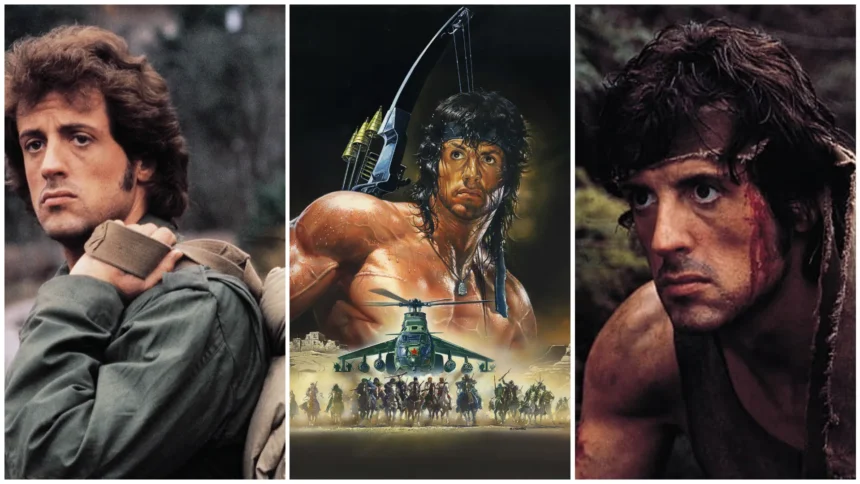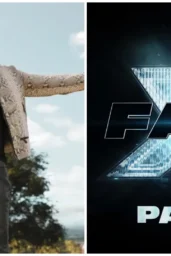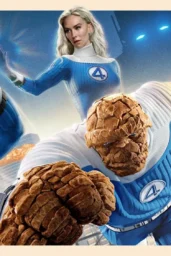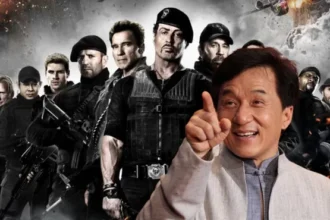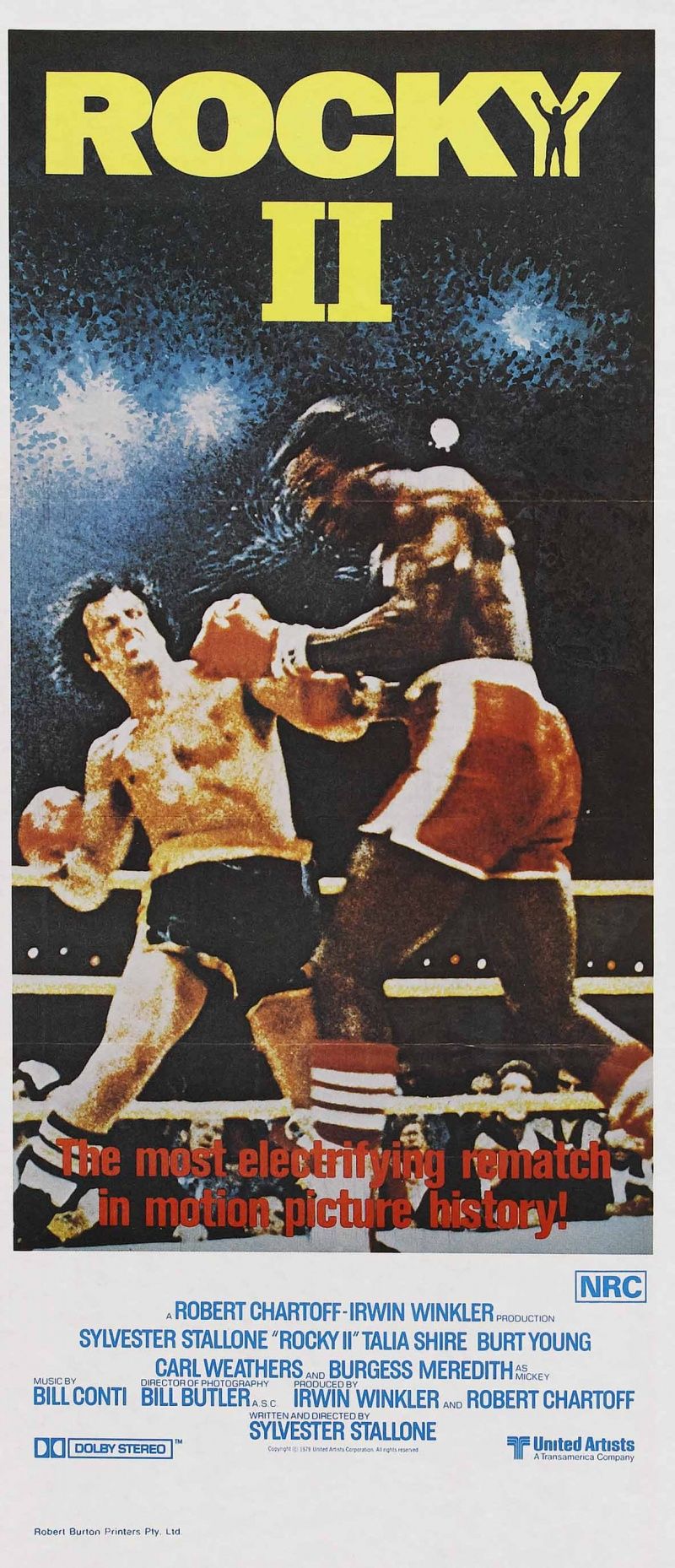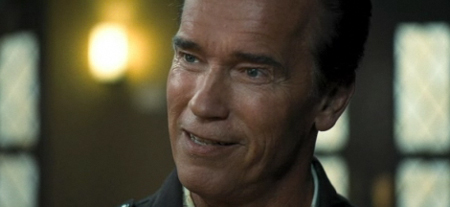The Rambo Resurrection That Never Was
It's the kind of video that stops you mid-scroll: a younger Sylvester Stallone, bandana tied, muscles glistening, stepping once again into the jungle as John Rambo. Except—it's not real.
The viral clip making the rounds this week wasn't a lost film reel or a surprise reboot announcement. It was AI. And Stallone isn't thrilled.
On his official Instagram, the actor slammed the fan-made deepfake, warning that it's “a dangerous distortion of reality” and a reminder that technology can “steal a face, a voice, even a legacy.” For a man whose career is built on characters like Rocky Balboa and John Rambo—symbols of grit, endurance, and American mythmaking—seeing those figures hijacked by algorithms struck a nerve.
Why This Matters Beyond Stallone
Stallone's comments aren't just about him. Hollywood is already flirting with the frontier he's warning against. From Peter Cushing's eerie resurrection in Rogue One to James Dean being touted for a “comeback” role via CGI, the industry has been testing the waters of digital necromancy for years.
The difference now? The barrier of entry has collapsed. What once required Lucasfilm budgets can now be conjured by a hobbyist on a laptop. If Rocky was the everyman boxer, AI is the everyman studio—cheap, fast, and utterly unburdened by ethics.
Stallone's unease taps into a broader anxiety: what happens when nostalgia and profit override consent? If your likeness can outlive you in someone else's story, who owns your soul on screen?
Stallone vs. Nostalgia: A Career at Odds
There's irony in Stallone of all people drawing the line here. The actor has been both beneficiary and prisoner of nostalgia culture. Creed revitalized Rocky for a new generation; Rambo: Last Blood (2019) was marketed as the swan song for his other alter ego.
And yet, Stallone's career has often circled back to the same wells, repackaging old myths for new audiences. The AI Rambo clip is just the extreme version of that cycle—a digital ouroboros devouring itself.
The man who once ran up the Philadelphia Museum steps as the underdog everyman is now fighting a different kind of machine. And this time, it isn't just in the ring.
The Slippery Slope Ahead
AI is no longer a fringe experiment; it's in the bloodstream of culture. Trailers, ads, even feature films are already tinkering with the tech. Stallone's alarm is a celebrity wake-up call: if it can happen to Rambo, it can happen to anyone.
For audiences, the choice is subtler but no less urgent. Do we want our movie icons to live forever as ghostly replicas—or are we ready to let them rest, flaws and all?
Stallone, at 79, seems to be choosing the latter. Maybe the real bravery isn't Rambo charging through a hail of bullets—it's Stallone reminding us that some wars aren't worth fighting, especially when the enemy is our own appetite for the past.
Key Takeaways
- Viral AI video reimagined a young Stallone as Rambo.
- Stallone condemned it as “dangerous” and “disturbing.”
- Raises ethical questions about consent, likeness rights, and digital legacy.
- Hollywood has flirted with AI resurrection before (Rogue One, James Dean project).
- Stallone's own career reflects both the power and trap of nostalgia.

